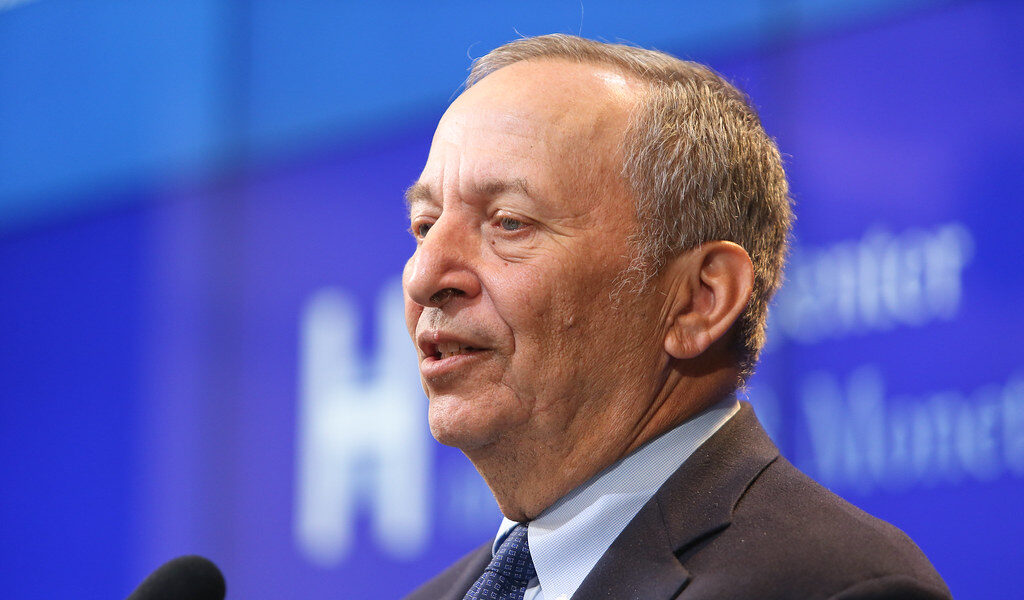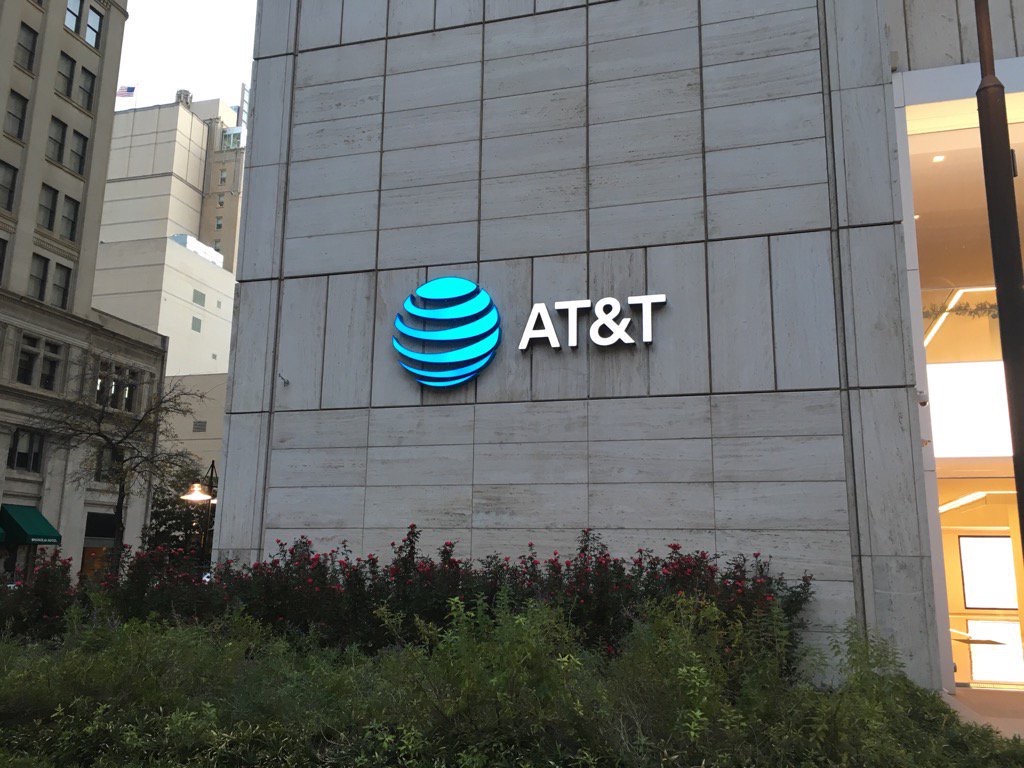The debut of OpenAI’s generative AI chatbot ChatGPT in November 2022 was a significant moment in the tech sector, stirring excitement among investors and triggering heated discussions on Wall Street. At the heart of these discussions lies a question as old as innovation itself: Are we on the brink of a technological revolution, or succumbing to the hype? Enter Larry Summers, former Treasury Secretary and recently appointed board member of ChatGPT developer OpenAI. Summers, speaking at the Fortune Innovation Forum in Hong Kong, provided a nuanced perspective that cuts through the noise. “The right general rule with respect to technological innovation is that things take longer to happen than you think they will, and then they happen faster than you thought they could,” Summers articulated. This statement encapsulates the paradoxical nature of technological advancements: a slow burn followed by an explosive impact.

Larry Summers’ Opionions
Summers is no stranger to the cycles of innovation. His insights come from a place of deep understanding, not just of economics but of the technological landscape’s ebbs and flows. Unlike many of his contemporaries, Summers tempers expectations about AI’s immediate impact. “I don’t think that this is going to drive a productivity miracle in the next three to five years,” he opined, highlighting the gap between technological potential and its realization. This ‘last mile’ of development, as Summers describes, is fraught with challenges, often taking longer than anticipated. Yet, it’s this very journey towards technological maturity that underpins significant leaps forward.
Take, for example, the case of autonomous vehicles. Despite years of intense labor and investment, the anticipated job displacement in sectors like trucking and taxi services has yet to materialize. This scenario exemplifies the ‘productivity J curve’ Summers references, where initial investments in technology don’t immediately translate to observable gains. Yet, this isn’t a narrative of skepticism but one of anticipation. Summers envisions a future where AI’s capabilities could redefine the economic landscape, comparing its potential impact to that of the Industrial Revolution.
However, Summers’ vision extends beyond the mere mechanization of tasks. He predicts a transformative shift in the nature of work itself, particularly focusing on the concept of ‘cognitive labor.’ In Summers’ view, AI’s true potential lies not in replacing human labor wholesale but in augmenting and, in some cases, supplanting specific aspects of it. He forecasts a future where AI could perform complex diagnoses, a traditionally high-IQ task, thereby elevating the role of EQ or emotional intelligence in professions like nursing.
This shift towards a more emotionally intelligent workforce underlines a profound change in how we perceive value in the labor market. Summers’ predictions challenge us to reconsider the balance between cognitive skills and emotional intelligence, suggesting a future where the latter may become increasingly prized. As AI continues to evolve, its integration into our daily lives and work could herald a new era of productivity and innovation. Yet, as Summers reminds us, this future, while inevitable, is not immediate. The journey towards integrating AI into the fabric of our economic system is long and winding, filled with both promise and uncertainty.
Larry Summers offers a pragmatic yet optimistic outlook on AI’s role in the future of work. By acknowledging the complexities of technological adoption and the unforeseen challenges that lie ahead, Summers provides a roadmap for navigating the AI revolution. The conversation around AI, technology, and labor is far from over, but voices like Summers’ are essential in guiding us towards a future that harnesses AI’s potential responsibly and inclusively.
Implications
As we delve into the intricacies of AI’s potential impact on the workforce, it’s pivotal to understand the generational shift this technological marvel is ushering in. The contemplations of Larry Summers, an influential figure who now sits on the board of OpenAI, provide us with a rare glimpse into a future where AI could significantly alter the very fabric of labor and intelligence as we know it today.
Summers’ predictions are not just speculative musings; they are grounded in the ongoing evolution of AI technologies. The mention of AI’s capabilities to eventually perform nearly every human job, especially those requiring cognitive effort, heralds a new age. This assertion is not made lightly. Summers draws parallels between the potential of AI and the monumental shifts witnessed during the Industrial Revolution, suggesting that we are on the cusp of a transformation just as profound, if not more.
The implications of such a shift are vast and varied. For one, the value placed on different types of intelligence is poised to change dramatically. Summers points out that emotional intelligence, or EQ, will become increasingly important in a world where AI takes over tasks requiring high levels of cognition. This doesn’t mean that IQ or cognitive skills will become irrelevant. Instead, it highlights a future where the blend of human empathy and artificial intelligence becomes the cornerstone of many professions. The example of AI substituting for a doctor in making difficult diagnoses while still relying on nurses for their irreplaceable emotional support to patients encapsulates this shift beautifully.

This generational shift also prompts us to rethink our approach to education and skill development. As AI begins to shoulder more of the cognitive load, there’s a growing need to cultivate emotional intelligence and other soft skills in the workforce. These will be the differentiators in a labor market where cognitive tasks are increasingly automated. It’s a call to action for educational institutions, policymakers, and individuals alike to adapt to the changing landscape of labor and intelligence.
Furthermore, Summers’ vision for AI’s impact on the workforce underscores the importance of transitioning smoothly into this new era. The journey towards full AI integration into our economic systems and daily lives is fraught with challenges, including ethical considerations, the need for robust AI governance, and ensuring equitable access to the benefits of AI. Addressing these challenges head-on is critical to realizing the full potential of AI in transforming labor and intelligence.
The discussion on AI and the workforce is enhanced by viewpoints such as Larry Summers’. His insights shed light on a future that is both exhilarating and daunting. As we stand at this technological crossroads, it is imperative that we navigate the transition thoughtfully, ensuring that the evolution of labor and intelligence through AI benefits society as a whole. The dawn of a new era in labor and intelligence is upon us, and it beckons us to embrace change while remaining vigilant about the values we hold dear in our work and interactions.
Related posts:
Larry Summers thinks AI could replace ‘almost all’ forms of labor. Just don’t expect a ‘productivity miracle’ soon
Larry Summers predicts AI threatens robust US job growth
Larry Summers, now an OpenAI board member, thinks AI could replace ‘almost all’ forms of labor





